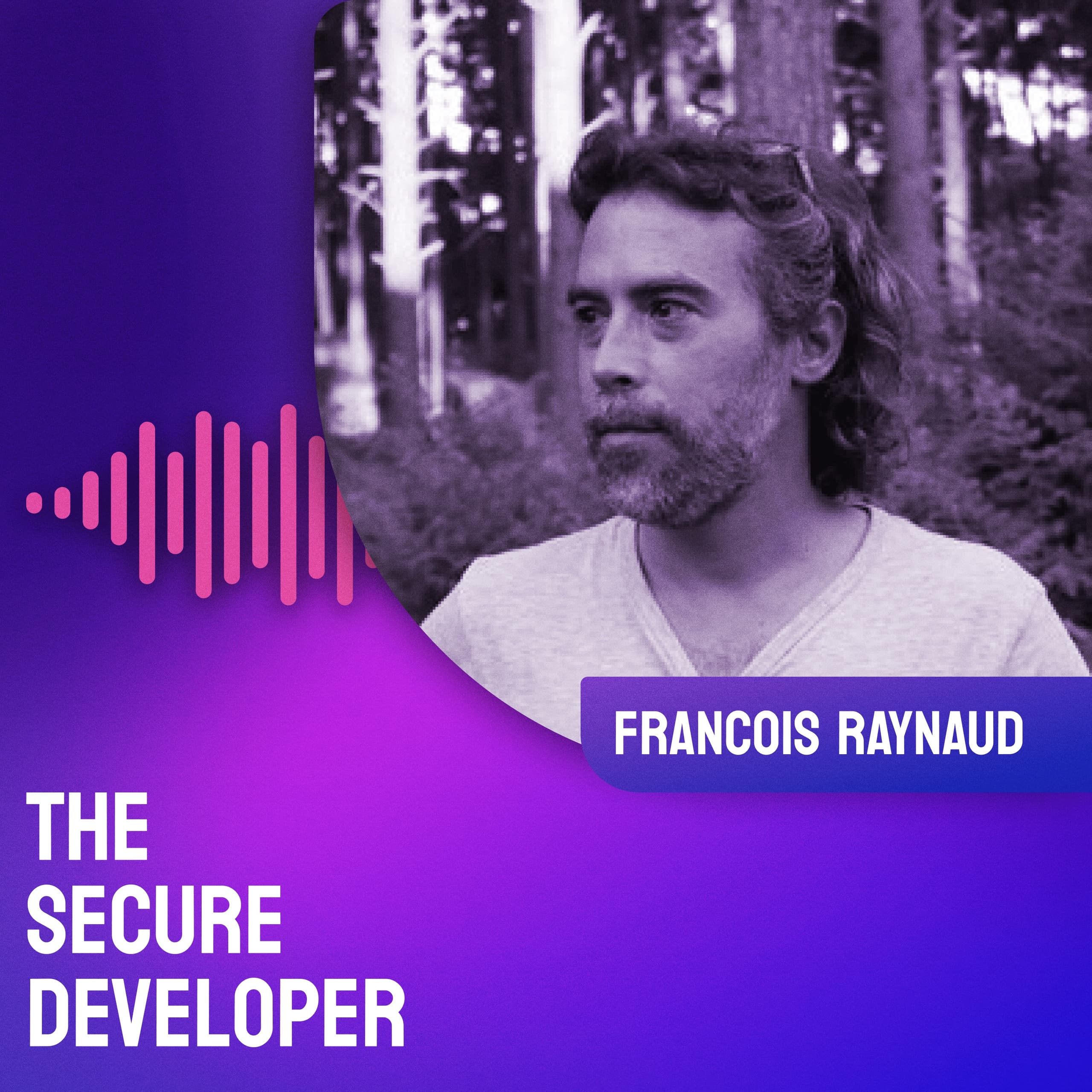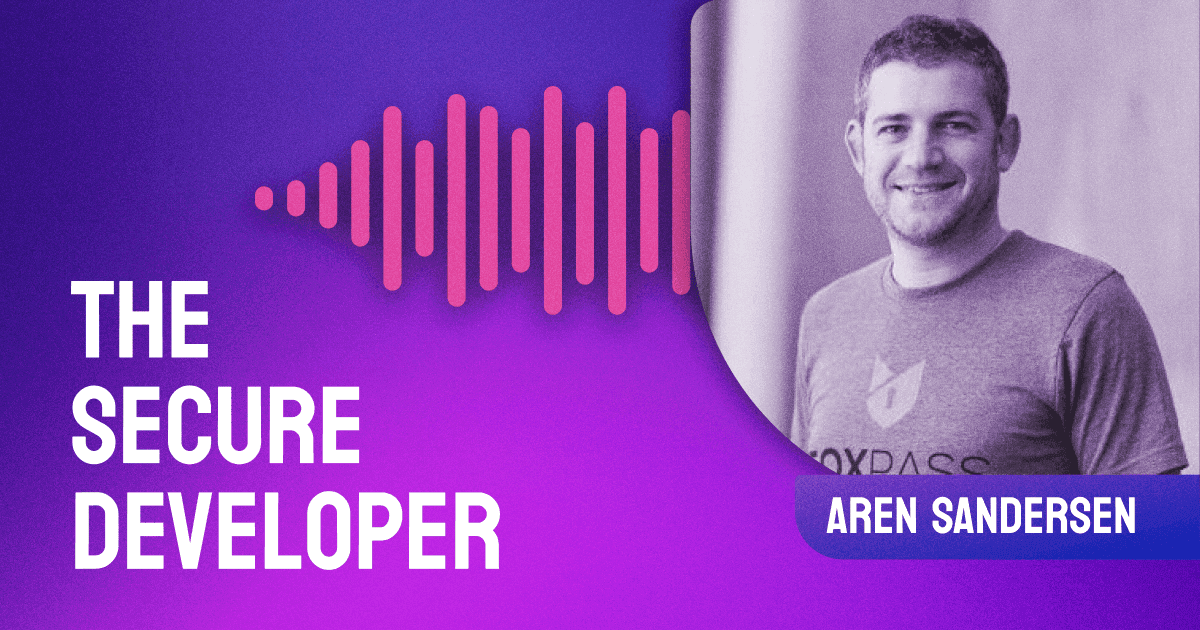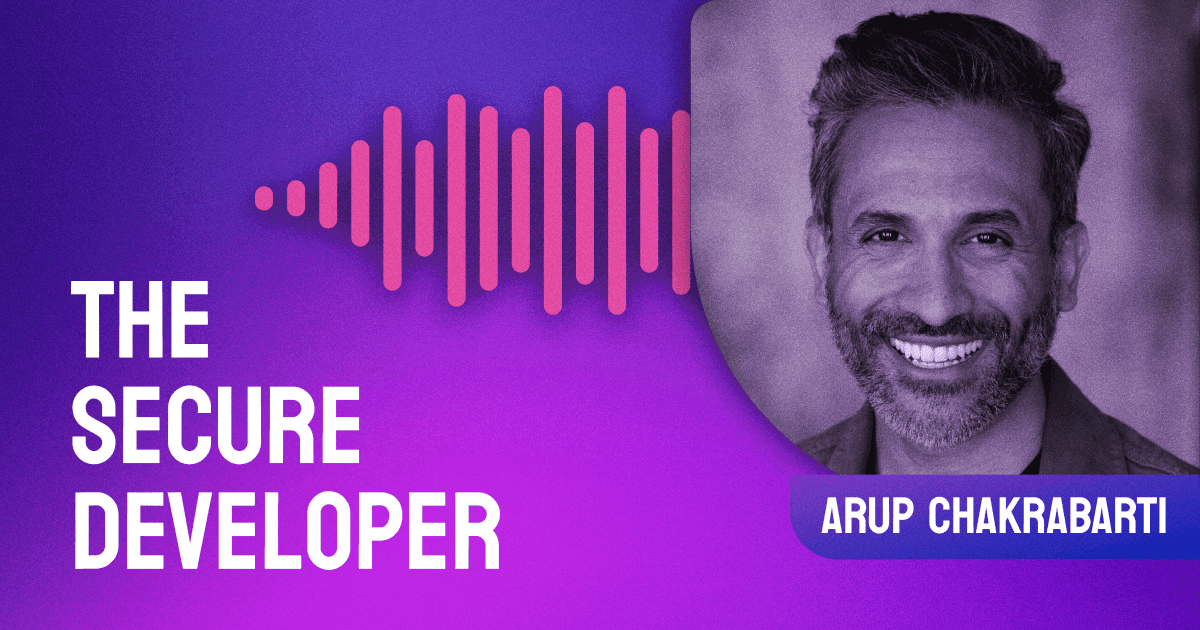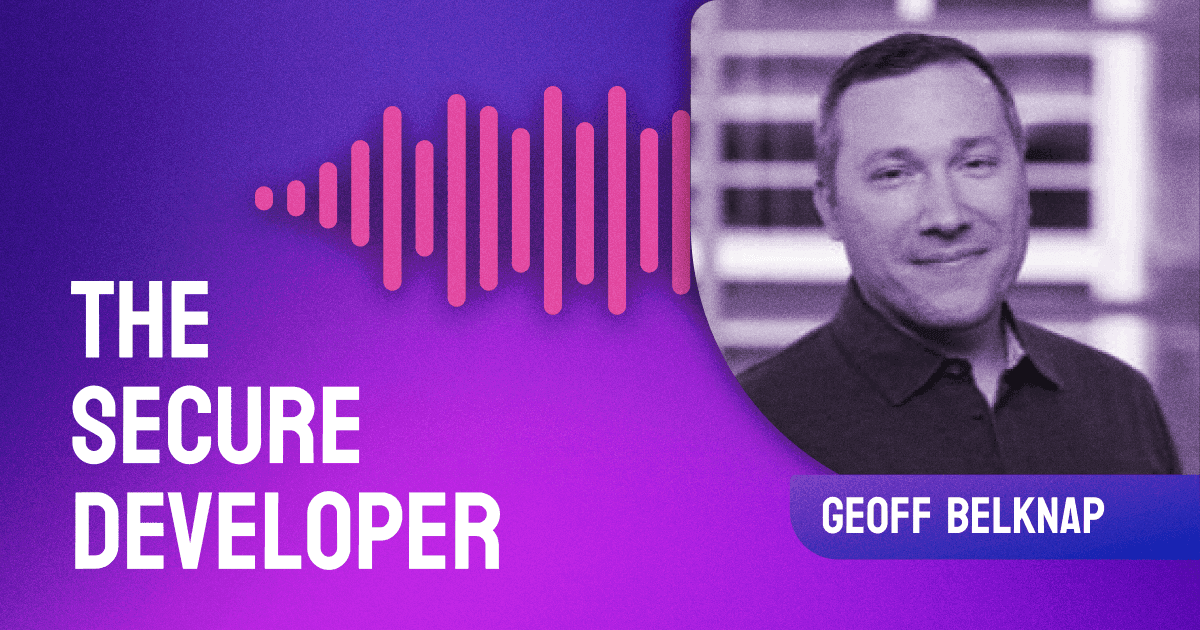In the latest episode of The Secure Developer, Francois Raynaud joins Guy to discuss the current state of IT security.
Francois explains why a cultural shift is needed to make security more inclusive, with security professionals taking on a greater mentoring and guiding role. Francois discusses why he created DevSecCon, a Development Security Conference aimed at fostering inclusion. He also shares approaches for DevOps and Security teams to better understand what other teams are trying to achieve so they can work collaboratively and improve business security.
The post Ep. #9, Making Security More Inclusive appeared first on Heavybit.





